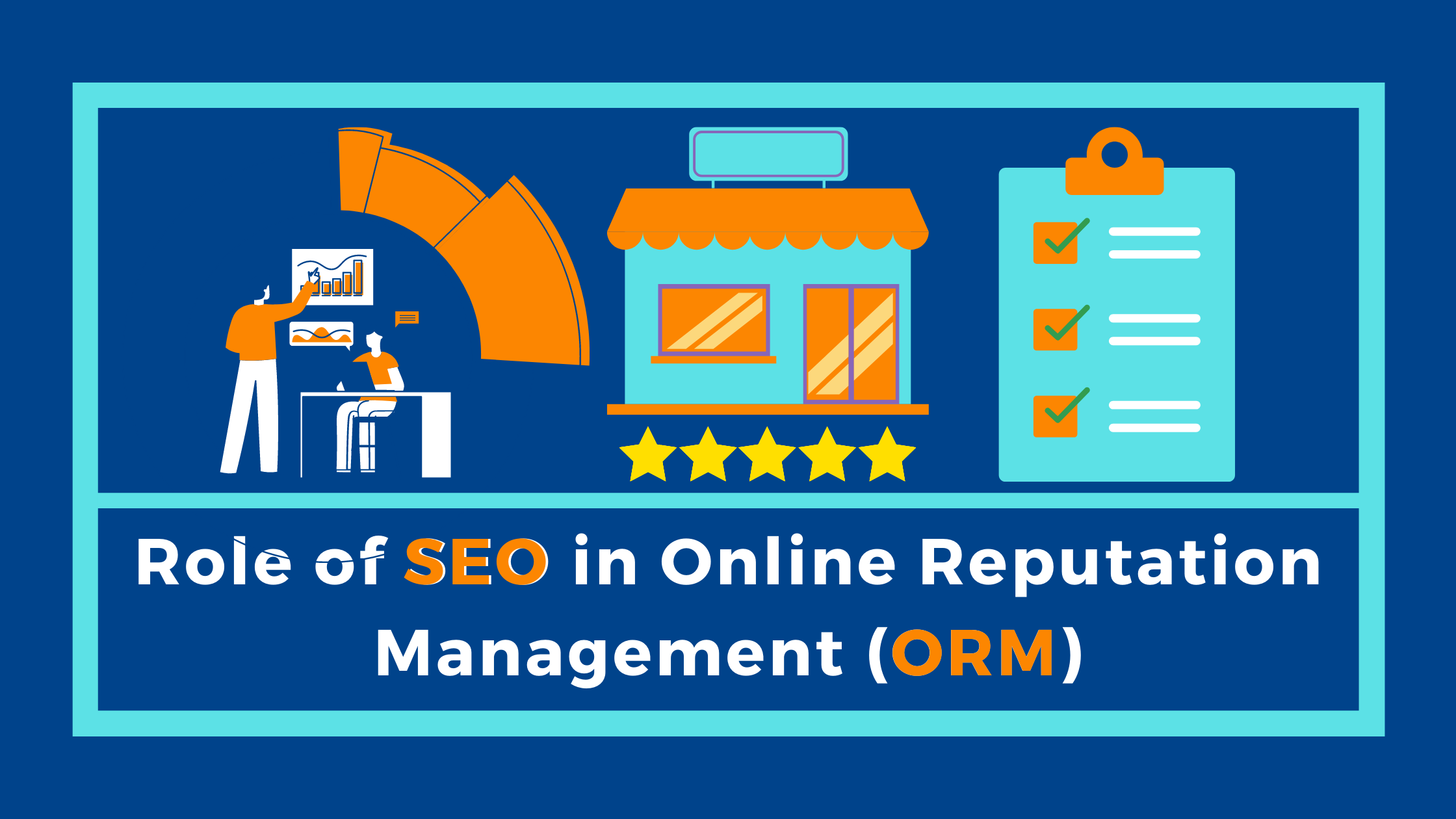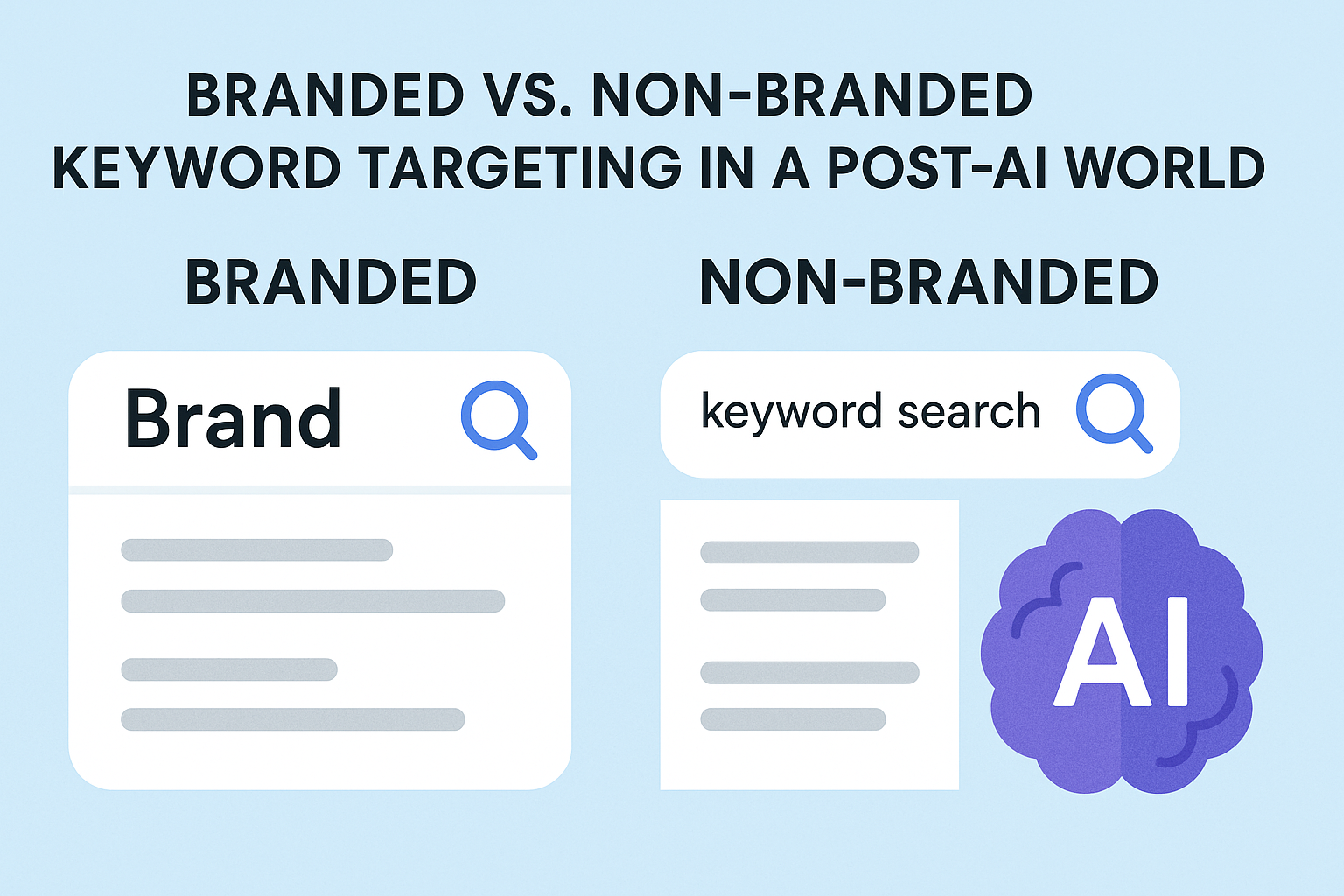In today’s digital landscape, a brand’s reputation can make or break its success. With potential customers searching online to gauge the credibility of a business, online reputation management (ORM) has become a crucial component of brand strategy. One of the key players in ORM is Search Engine Optimization (SEO). Understanding how SEO intersects with ORM can empower businesses to shape their online narrative effectively and improve their public perception.
What is Online Reputation Management?
Online reputation management (ORM) is the practice of shaping and controlling how a brand is perceived across digital platforms. This involves monitoring online mentions, addressing negative feedback, and ensuring that the brand’s messaging is consistent across all channels. The goal is to create a favorable impression in the minds of consumers, making it essential for businesses to actively manage their reputation.
When potential customers encounter a brand, they often turn to search engines for further information. A simple search can yield many insights, including website visits, third-party reviews, and news articles. Therefore, ensuring that positive content ranks high in search engine results pages (SERPs) is vital. This is where SEO plays a crucial role.
The Importance of SEO in ORM
Influencing Search Engine Results
SEO in ORM focuses on ensuring that a brand presents a positive image whenever it appears in search results. If negative information dominates the first page of SERPs, it can significantly impact a potential customer’s decision-making process. Businesses must work to control what information appears when someone searches for their brand.
Positive content, such as testimonials, case studies, and news articles about successful initiatives, should be prioritized in SEO efforts. This proactive approach helps to displace negative narratives and fosters a more favorable perception of the brand.
Enhancing Click-Through Rates
Even if a website ranks highly, negative sentiment surrounding a brand can deter potential clicks. Research indicates that consumers are more likely to engage with brands that have a positive online reputation. Therefore, it’s critical for businesses to optimize their online presence to project a favorable image.
Implementing effective SEO strategies can enhance the visibility of positive content, which not only increases click-through rates but also improves the likelihood of conversions. In essence, a good reputation translates to increased traffic and higher conversion rates.
Building Authority and Trust
A strong online reputation is synonymous with authority and trustworthiness. By consistently producing high-quality, relevant content and optimizing it for search engines, brands can establish themselves as industry leaders.
This approach not only helps improve search rankings but also fosters trust among potential customers. When a brand is viewed as an authority, customers are more likely to consider it reliable, further solidifying its reputation.
Managing Negative Press and Reviews
Not all press is positive, and negative reviews or bad publicity can harm a brand’s online reputation. By leveraging SEO, businesses can counterbalance this by optimizing and promoting positive content that pushes unfavorable news further down in search results.
Responding to negative reviews with professionalism and providing constructive solutions also improves brand image. Using SEO techniques to ensure your response is visible alongside the criticism can help demonstrate your brand’s commitment to customer satisfaction, helping to reduce the long-term impact of negative feedback.
Owning Your Brand’s Narrative
SEO gives businesses the power to control their own narrative. Instead of allowing negative press or third-party opinions to shape a brand’s reputation, SEO strategies can help ensure that the brand itself is telling its story. This is done by prioritizing owned content, like blogs, landing pages, and press releases, which provide accurate and up-to-date information about the brand. The more relevant content a business produces and optimizes, the better the chance of gaining visibility over any unwanted content in search results.
Strategies for Effective SEO in ORM
To successfully integrate SEO into an ORM strategy, businesses should consider the following approaches:
1. Control the Front Page of Search Results
Aim to dominate the first page of SERPs for branded keywords. This can be achieved by optimizing the brand’s website, creating authoritative content, and maintaining active social media profiles. The goal is to ensure that the top search results reflect the brand’s message positively.
2. Be Active on Social Media and Review Platforms
Engaging with customers on social media and review platforms is essential. By addressing both positive and negative feedback promptly, businesses can manage their online reputation effectively. Ignoring negative comments can lead to further scrutiny, so responsiveness is key.
3. Optimize Google Business Profile
A well-managed Google Business Profile can be a powerful tool for reputation management. This listing often appears at the top of search results, providing essential information about the business. Regularly update your profile with relevant details, posts, and responses to reviews to maintain a positive presence.
4. Create Content Around Potentially Negative Keywords
Monitor the “People Also Ask” (PAA) section that appears for your brand in search results. If negative questions or concerns arise, create content that addresses these issues directly. By providing informative and reassuring answers, you can help alleviate any doubts potential customers may have.
5. Be Proactive and Newsworthy
To counteract negative press, focus on positive stories and initiatives that your brand is involved in. Engaging in charitable acts, supporting local events, or promoting sustainability can generate positive media coverage, improving your overall reputation.
6. Leverage Positive Reviews
Online reviews are a significant factor in shaping customer perceptions. SEO can help ensure that positive reviews from platforms like Google Reviews, Trustpilot, or Yelp are highlighted in search results. Optimizing content that links back to these review sites and encouraging satisfied customers to leave feedback will strengthen your brand’s online reputation.
7. Monitor Brand Mentions
Utilize tools like Google Alerts to track mentions of your brand online. Being aware of what is being said allows you to respond quickly to any inaccuracies or negative press, giving you the opportunity to manage your narrative before it spirals out of control.
Key Tools for SEO-Driven ORM
There are several tools available that can help businesses manage their online reputation through SEO:
- Google Alerts: Tracks mentions of your brand, products, or competitors.
- Reputology: A tool that helps businesses monitor and manage reviews across multiple platforms.
- Yext: Helps manage business listings across various platforms, ensuring consistent and accurate information.
- SEMrush: Useful for tracking keyword rankings, online mentions, and competitive analysis.
- Ahrefs: Helps analyze backlinks and monitor the web for any mentions of your brand, both positive and negative.
Conclusion
Incorporating SEO into your online reputation management strategy is not just beneficial; it is imperative. A brand’s reputation is constantly in flux, influenced by customer reviews, media coverage, and online discussions. By leveraging effective SEO techniques, businesses can shape the narrative around their brand, ensuring that potential customers encounter a positive image when searching online.
Ultimately, the synergy between SEO and ORM can enhance brand perception, drive organic traffic, and increase conversions. As digital landscapes evolve, so too must the strategies employed to manage and protect a brand’s reputation. Understanding and applying these principles can help businesses thrive in a competitive environment.

The Search Engine Cage team is on a mission to educate entrepreneurs. We make things easier for the small business owner, by writing articles that help them to understand SEO and Digital Marketing.







